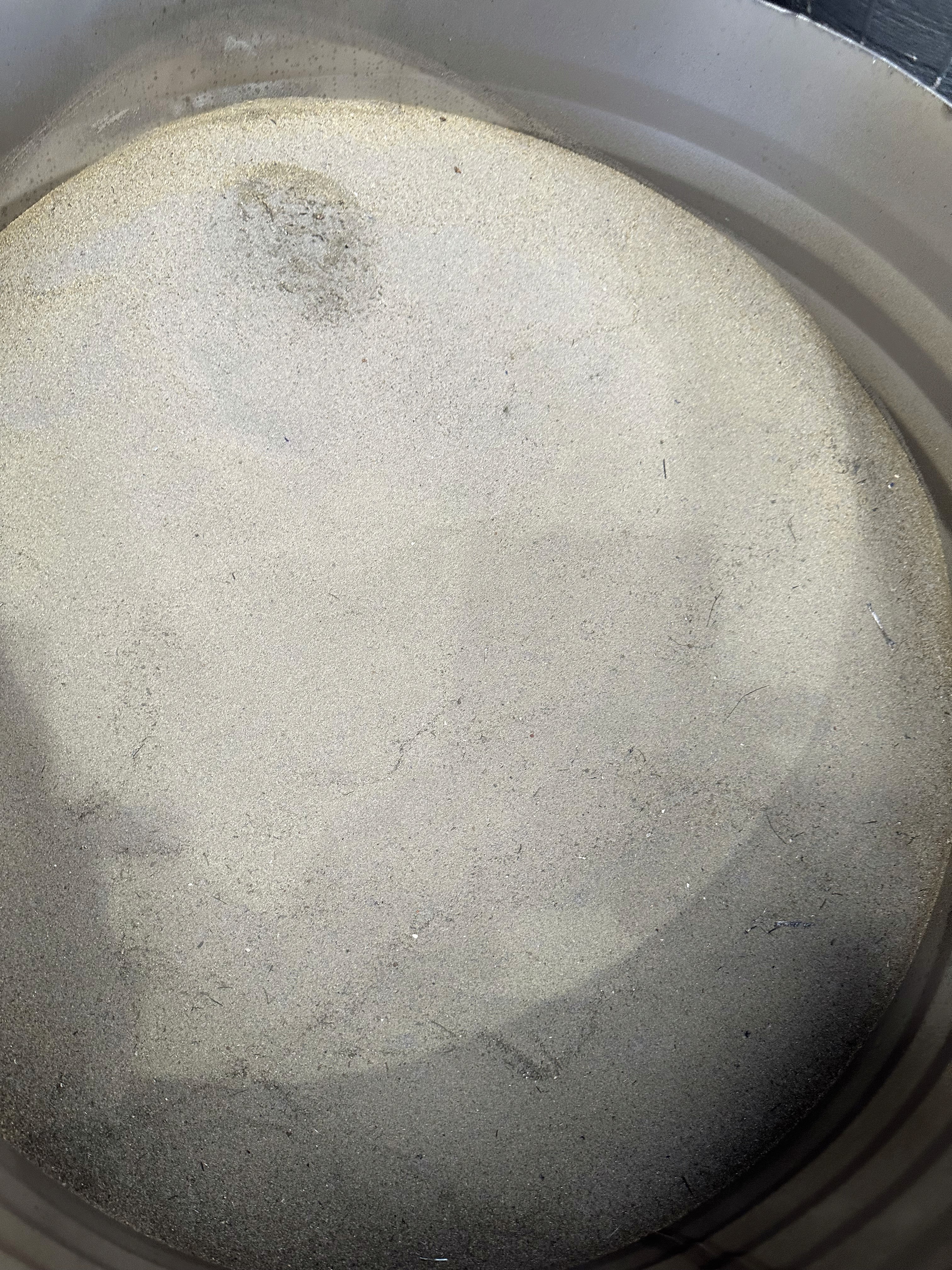21 Oct 2023
Point-to-Point Recycling: A Path to Reducing Carbon Footprint
In the face of escalating environmental concerns and the urgent need to combat climate change, industries across the globe are reevaluating their practices to mitigate their carbon footprint. Mining companies, in particular, have been under scrutiny for their resource-intensive operations, but they are increasingly turning to innovative strategies like point-to-point recycling to minimize their environmental impact.
This article explores the concept of point-to-point recycling and how it plays a vital role in reducing the carbon footprint of mining operations.
Understanding Point-to-Point Recycling.
Point-to-point recycling, sometimes referred to as on-site recycling, involves the collection, processing, and reuse of materials and resources within the same location where they are generated. For mining companies, this means finding ways to recycle and repurpose materials, water, and energy within their mining operations, reducing the need to extract new resources and minimizing waste generation.
The Benefits of Point-to-Point
Recycling for Mining Companies Resource Conservation: One of the most significant benefits of point-to-point recycling is the conservation of valuable resources. Mining operations require vast quantities of water, energy, and raw materials. By recycling and reusing these resources on-site, companies can significantly reduce their reliance on external sources, ultimately lessening their carbon footprint.
Reduced Waste: Mining operations generate substantial amounts of waste, including tailings and waste rock. Point-to-point recycling encourages the responsible handling and utilization of these materials, mitigating the need for additional disposal, and the associated emissions from transportation and waste management.
Energy Efficiency: Mining is an energy-intensive industry, and reducing energy consumption is crucial in the fight against climate change. By recycling and optimizing energy usage within the mining site, companies can decrease their overall energy demand and, consequently, their carbon emissions.
Lower Emissions: A smaller carbon footprint is a natural outcome of point-to-point recycling. As mining companies reduce their reliance on external resources and energy, the emissions generated from transportation, extraction, and processing diminish.
Regulatory Compliance: Many countries and regions are implementing stringent environmental regulations to limit greenhouse gas emissions and other environmental impacts. Point-to-point recycling helps mining companies comply with these regulations, avoiding fines and reputational damage. Case Studies in Action Several mining companies around the world have already embraced point-to-point recycling and experienced tangible benefits:
BHP: The world's largest mining company, BHP, has implemented innovative water recycling systems in their operations. These systems purify and reuse water, reducing water intake and minimizing the carbon emissions associated with water transportation.
Rio Tinto: Rio Tinto has adopted autonomous trucks and equipment to optimize resource use. These technologies not only reduce fuel consumption and emissions but also improve overall operational efficiency.
Vale: Vale, a global mining company, is pioneering efforts to recycle waste materials like tailings to produce construction materials, thereby reducing waste and environmental impact.
Conclusion
Point-to-point recycling is proving to be a game-changer in the mining industry's efforts to reduce its carbon footprint. By rethinking resource management, waste reduction, and energy efficiency, mining companies are not only mitigating the environmental impact of their operations but also ensuring their long-term sustainability in a world that increasingly demands responsible and eco-friendly business practices. As the push for sustainable mining continues, point-to-point recycling will undoubtedly remain at the forefront of these efforts, aligning the industry with broader global goals to combat climate change.


